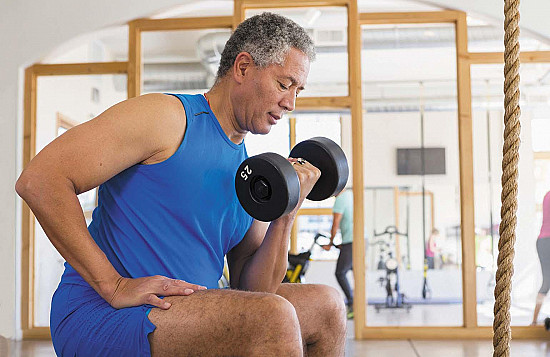Ask the doctor: CPR after bypass surgery or stenting

Photo: Thinkstock
When someone suddenly collapses without a pulse, giving "hands-only" CPR with firm, rapid pushes on the chest is often more effective in saving lives than the traditional kind of CPR that uses mouth-to-mouth breathing. That's because stopping chest compressions to do rescue breathing temporarily stops the circulation of blood, which can damage the brain. Before you start, call 911. Then follow these steps:
To continue reading this article, you must log in.
Subscribe to Harvard Health Online Plus (HHO+) to unlock expert-backed health insights, personalized tools, and exclusive resources to feel your best every day.
Here’s what you get with your HHO+ membership:
- Unlimited access to all Harvard Health Online content
- 4 expertly curated newsletters delivered monthly
- Customized website experience aligned to your health goals
- In-depth health guides on topics like sleep, exercise, and more
- Interactive features like videos and quizzes
- Members-only access to exclusive articles and resources
I’d like to subscribe to HHO+ for $4.99/month to access expert-backed content to help make smart, informed decisions about my well-being.
Sign Me UpAlready a member? Login ».
Disclaimer:
As a service to our readers, Harvard Health Publishing provides access to our library of archived content. Please note the date of last review or update on all articles.
No content on this site, regardless of date, should ever be used as a substitute for direct medical advice from your doctor or other qualified clinician.















